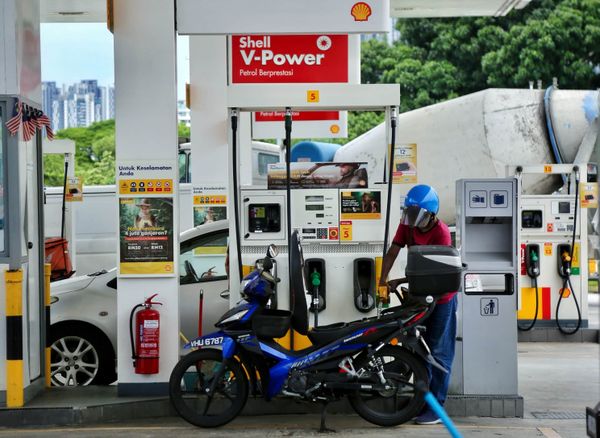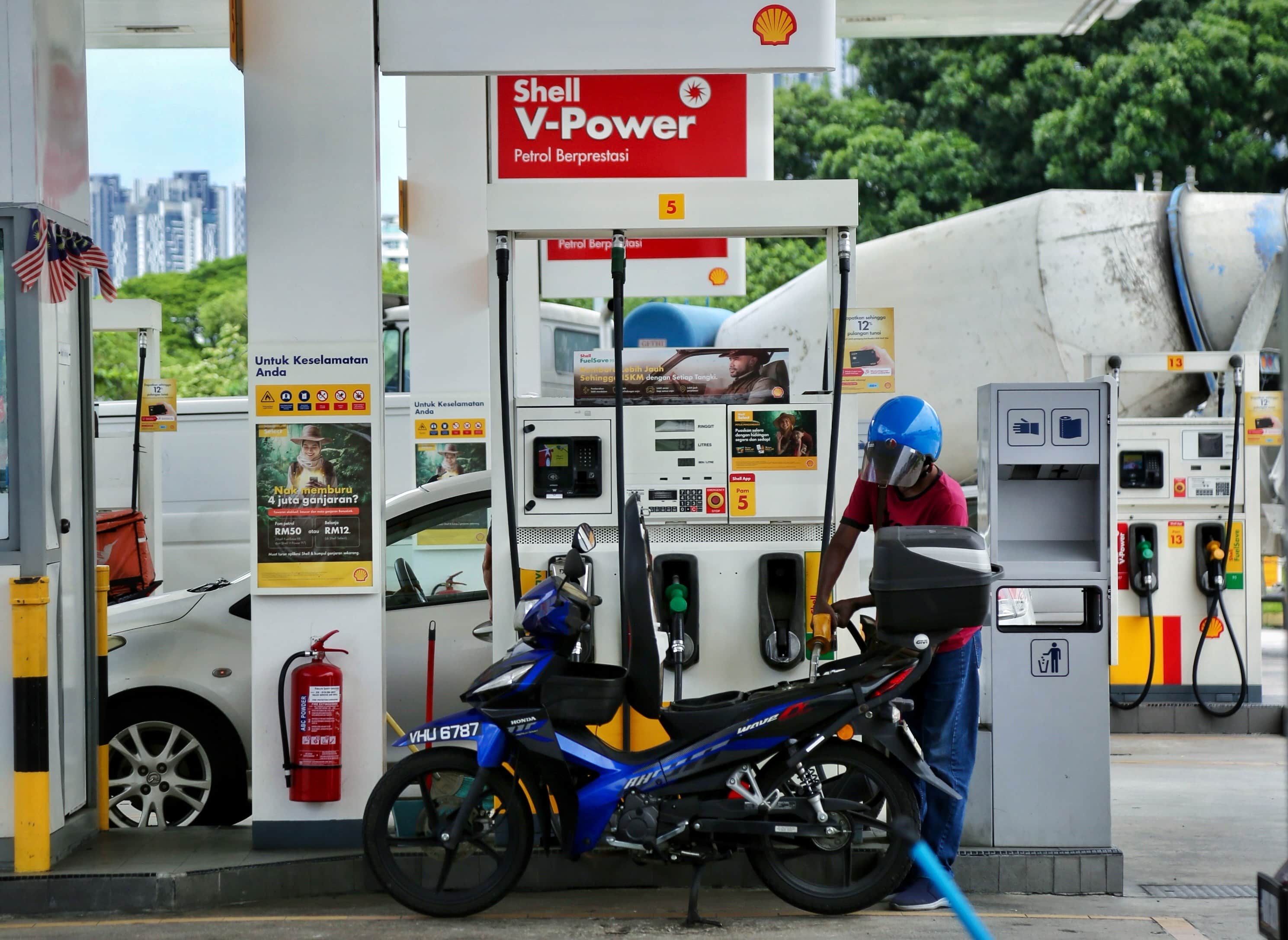KUALA LUMPUR, Sept 24 — The public has been assured that the targeted subsidy programme under the Budi Madani RON95 (BUDI95) initiative from Saturday (September 27) onwards will not affect fuel supplies or transactions at petrol stations, even amid expected spikes in demand.
The Petrol Dealers Association of Malaysia's (PDAM) president Datuk Khairul Annuar Abdul Aziz said that operators nationwide are fully prepared with backup measures to minimise disruptions and ensure the public can enjoy the RM1.99 per litre subsidised price.
“Petrol station operators already have a business continuity plan in place to ensure the subsidy rollout runs smoothly, even if transaction systems encounter disruptions.
“We do not want to burden the public. We want to make sure they can still enjoy the RM1.99 price.
"With the preparations in place, hopefully everything will run smoothly by September 27,” he said as a guest on Bernama TV’s 'Ruang Bicara' programme last night.
Khairul also called on the public to be patient in the event of any delays or disruptions, assuring that petrol station operators will do their part to ensure everyone continues to enjoy the subsidised price.
On Monday (September 22), Prime Minister Datuk Seri Anwar Ibrahim announced a reduction in the price of RON95 petrol to RM1.99 per litre from RM2.05, effective under the BUDI95 programme.
The Finance Ministry said the BUDI95 system will become available in stages: beginning with 300,000 military and police personnel on Saturday, then Sumbangan Tunai Rahmah (STR) recipients on Sunday (September 28), and finally for 16 million Malaysians aged 16 and above with a MyKad and a valid driving licence on Tuesday (September 30).
Meanwhile, UniKL Business School analyst Associate Professor Aimi Zulhazmi Abdul Rashid described BUDI95 as a commendable move that reflects the government’s political courage in implementing a long-overdue policy.
“It is not an easy move, but the Madani Government has taken a bold step as the subsidy amount keeps rising,” he said.
The success of the rationalisation could yield substantial savings for the country, which can then be redirected to the people through critical sectors like healthcare.
Zulhazmi also emphasised the importance of policy continuity to ensure a lasting impact, urging the government to refine its implementation mechanisms based on feedback from the public and operators.


